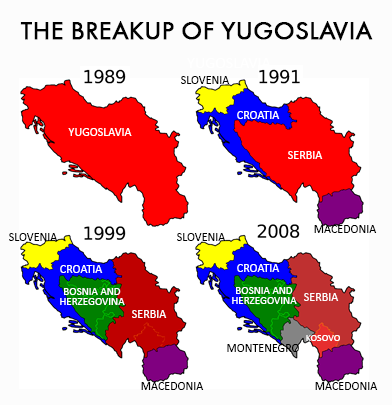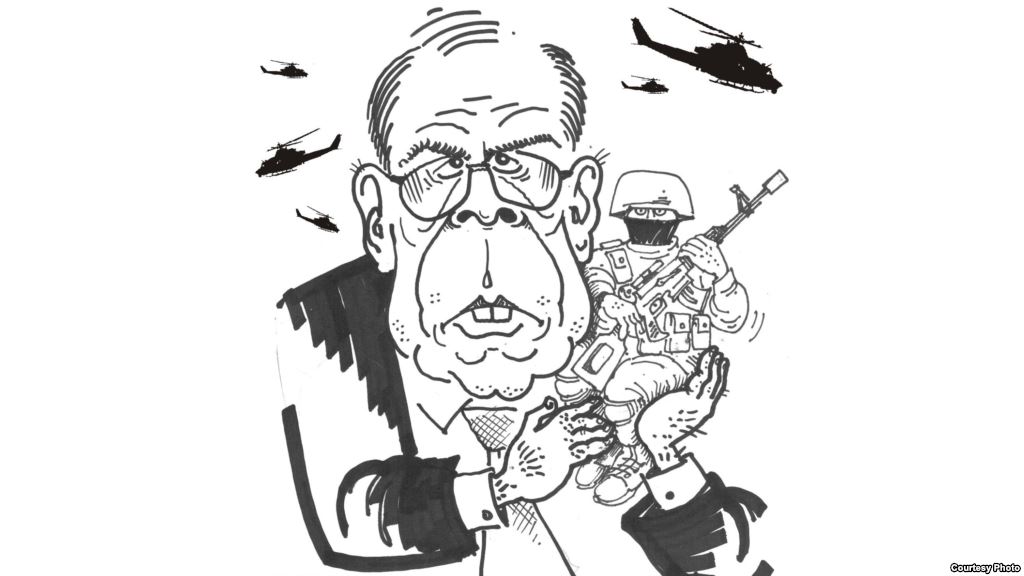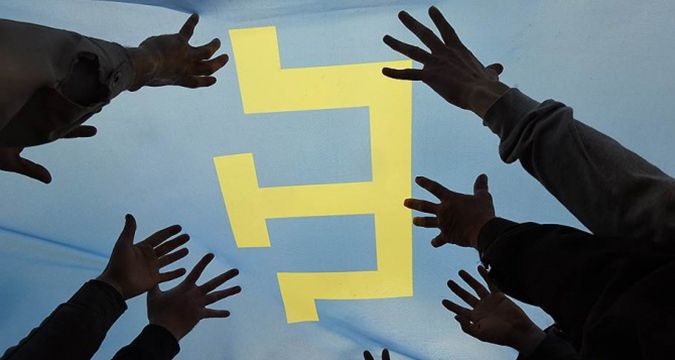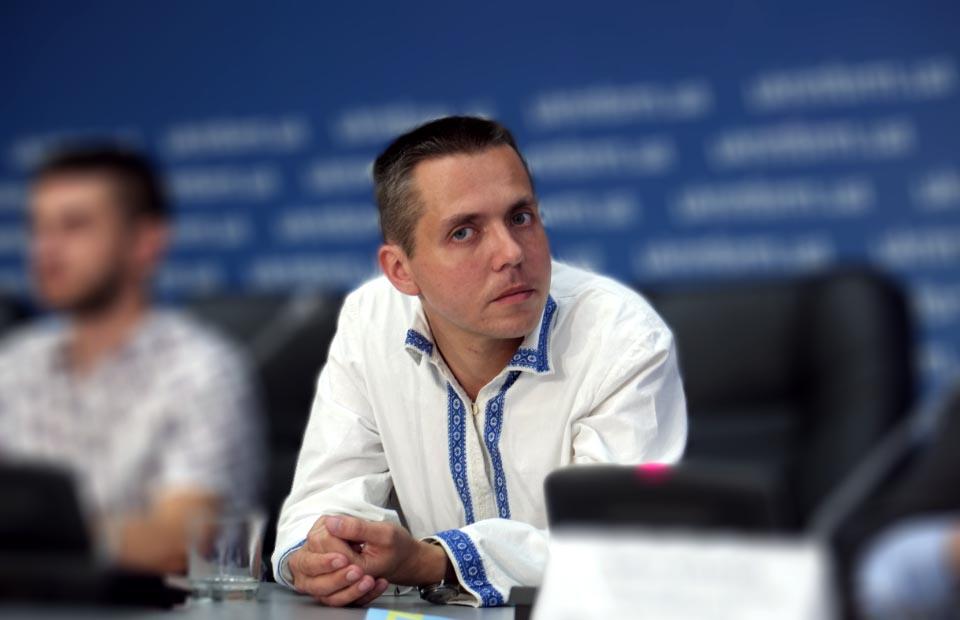Yugoslavia’s 1974 constitution established Kosovo as an autonomous province with the same rights as Yugoslavia’s republics, which included the right to secession. Kosovars exercised their constitutional right to secede in a 1992 referendum. Ethnic Albanians comprised about 95 percent of the population. Almost all eligible voters cast their ballots in favor of independence.
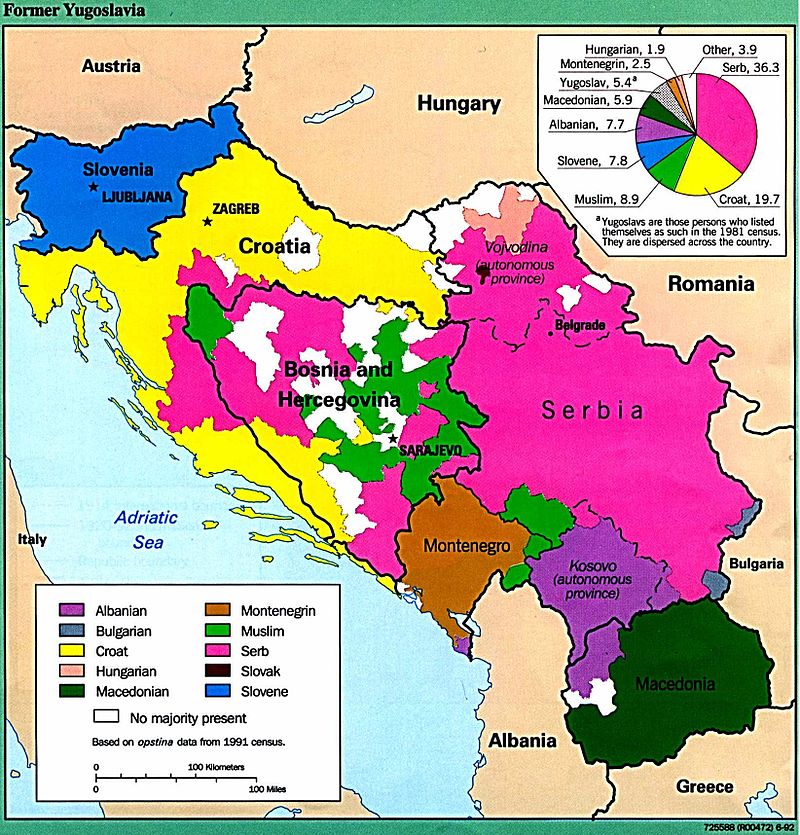
Slobodan Milosevic cracked down, declaring a state of emergency and imposing martial law in Kosovo. By virtue of atrocities against Kosovo’s ethnic Albanian super-majority, Serbia lost its legitimacy and moral authority to govern.
As a result, NATO intervened to stop the slaughter of Albanians in 1999. After Serbian forces withdrew, the UN Security Council (UNSC) adopted Resolution 1244 that established an interim UN administration in Kosovo. It also required a plebiscite to determine Kosovo’s future political status in accordance with the will of its people.
While UNSCR 1244 affirmed “the sovereignty and territorial integrity of the Federal Republic of Yugoslavia (FRY),” the FRY was reduced to a rump state consisting only of Serbia and Montenegro. When Montenegrins voted to secede, leaving only Serbia, the FRY ceased to exist and so did Kosovo’s legal obligations.
Between the adoption of UNSCR 1244 and Kosovo’s declaration of independence on 17 February 2008, Kosovo worked for 9 years to satisfy international criteria needed for recognition. It ran the gauntlet set out by the UN’s policy, “standards before status.”
The international community created a Contact Group, which included Russia. After two years of international mediation, the UN Special Envoy on Kosovo’s Status, Martti Ahtisaari, submitted his final report to the UN Secretary General recommending independence for Kosovo.
False parallels between Kosovo and Crimea
Russia’s attempt to draw parallels between Kosovo and Crimea is convoluted. Kosovo’s situation was unique (sui generis).
|
Yugoslavia collapsed, liberating Kosovo from legal claims by Belgrade. |
Ukraine was recognized by the international community within its current borders, including Crimea, after the Soviet Union ceased to exist in 1991. |
|
|
|
|
The scope and scale of human rights abuses against Albanians in Kosovo was egregious. |
No pattern of human rights abuses caused by Ukraine exists in Crimea. |
|
When NATO intervened, Kosovo was over 90% ethnic Albanian. |
Crimea’s population is diverse, including ethnic Russians, Ukrainians, and Crimean Tatars. |
|
|
|
|
Kosovo’s political leaders endorsed an extensive package of minority rights for ethnic Serbs and promised autonomy for communities where Kosovo Serbs lived. |
Crimea’s regional parliament makes no such assurance. Muslim Turkic Crimean Tatars have a well-grounded fear of expulsions and ethnic cleansing, given their history of persecution by Russia. |
|
Kosovo’s independence ensued after a long process of international mediation, under management by the UN, which enforced strict criteria. |
Crimea’s annexation has been engineered by a foreign power — Russia. |
|
NATO, a multilateral alliance, intervened so that Kosovars could realize their dream of independence. |
Masked Special Forces from Russia created conditions to justify Crimea’s annexation by Russia. |
|
An international Contact Group facilitated Kosovo’s path to independence. |
There is no international support for Crimea’s referendum, or its annexation by Russia. To address the Crimea crisis, Moscow has rejected a contact group composed of Russia, Ukraine, Britain, France, and the United States. |
|
Kosovo welcomed the UN’s engagement. |
Russian-backed thugs in Crimea physically threatened the UN special representative and expelled a delegation led by the OSCE’s High Commissioner on National Minorities. |
|
The process by which Kosovo attained independence was an affirmation of international order. |
Russia’s naked land-grab in Crimea is a violation of international norms. The UN Charter enshrines “peaceful and good neighborly relations” between States. |
Russia would be well advised to abandon its provocative policy toward Ukraine. It may achieve short-term objectives, but risks becoming a pariah in contempt for international law.
Read also:
- Could Ukraine have fought off Crimean occupation? A crucial document you should know
- Ukraine’s water blockade of Crimea should stay, because it’s working
- More Crimea-like annexations are possible, Moscow scholar says
- Russia’s replacement of population in occupied Crimea violates Geneva Convention – UN report
- Catalonia is (not) Crimea. The differences and commonalities of two referendums





